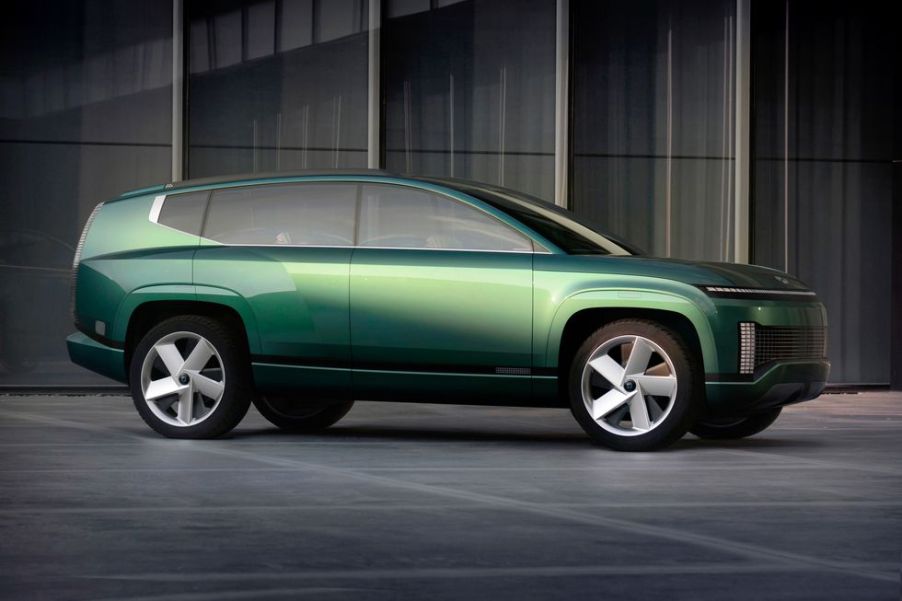
Hyundai Stops Internal Combustion Engine Development, Shows Commitment to Electrification
Plenty of automakers announced plans to go completely electric over the next few years. Reducing emissions has become an essential part of producing any vehicle type. Hyundai is putting its money where its mouth is and has stopped development on internal combustion engines. Halting production on non-electric engines proves a commitment to electrification better than anything else.
Hyundai stops internal combustion engine development, commits to electrification

According to MotorTrend, the Namyang Research Institute recently went through a thorough reorganization. The most significant change is the Powertrain Team becoming the Electrification Development Team. Subsequently, the team will be in charge of all things electric. This includes all research and development of future Hyundai products, which will soon all be electric.
Additionally, the Engine Development Center is no more, and the Battery Development Center takes over. Above all, this new center is only for electrification going forward. Secondly, the Integrated Product Development Team and Project Management Team joined forces to oversee mass production, design, and more. Most of the employees at the Namyang Research Institute are impacted by the changes, of which there are around 12,000.
Hyundai electric vehicles we already know about

Hyundai will stop internal combustion engine development to commit to electrification. No one is surprised by the announcement of electric vehicles anymore. It seems like every other week; there’s a new brand committing to completely electrifying its lineup by 2025 or 2030. The Korean automaker is no exception, and we already know a few models. The fully electric Hyundai Ioniq 5 crossover SUV is the closest one to release. MotorTrend calls it “stylish and loaded with tech and no pricier than competitors.”
Secondly, the Hyundai Ioniq 7 SUV is getting closer and closer to production. This midsize three-row SUV is the larger version of the Ioniq 5. Like other Hyundai and Kia electric products, it uses the Electric Global Modular Platform. Lastly, an interesting fact about the Ioniq 7 is that it uses sustainable materials. It even comes with a “hygiene mode” that uses air filters to clean the car between uses.
The future of Hyundai EVs
Hyundai stopped internal combustion engine development and said it plans to reveal a new electric vehicle every year for the foreseeable future. With 2022 just a few days away, we’re even closer to learning of a brand new electric Hyundai model. Further, only a crossover and SUV have been announced so far, so could the popular automaker break into other segments? We’d like to see an electric car, and maybe even an electrified Santa Cruz pickup truck sometime soon.
In conclusion, Hyundai is one of the first automakers to stop internal combustion engine development completely. The Korean automaker shows immense commitment to going electric with this new change. Other automakers that have stopped developing gas engines include Audi, which plans to be electrified by the end of 2026.
Despite other announcements about fully electric lineups by a specific date, most other automakers haven’t committed to ending gas-engine development just yet. That is to say; it might be difficult to stray away from what the business has always done. That’s why it’s impressive and commendable that Hyundai is serious about electrification and just stopped internal combustion engine development.



